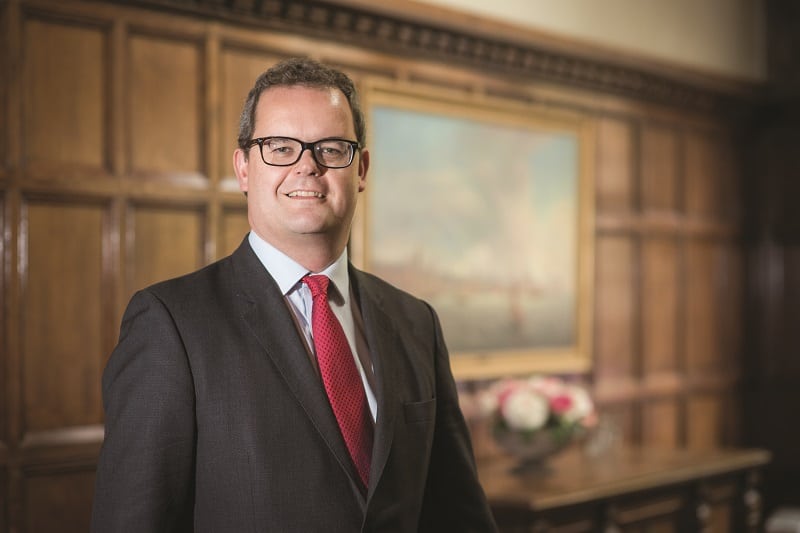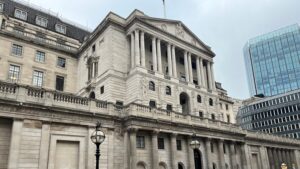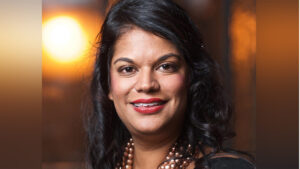He adds: “I’d rather find those guys who have had the foresight to not anchor their future profitability to bricks and mortar; companies that have engaged with their customer in a meaningful way.”
Wintle’s optimism for the US is not constrained to individual sectors, and he is a self-confessed bull who blasted the “misconception” that the eight-year bull market was set to come to an end soon. Instead, he argues, the dip has been and gone.
“My point is we are actually at the beginning of a new cycle, not at the end of a very tired old one, and that’s because we’ve had a profits recession already.”
Wintle notes negative EPS growth from end of 2014 to mid-2016 was “the definition of a profits recession”, that was not reflected in markets because of Fed policy keeping it tidied over.
“In my mind, the pull-back that everyone is waiting for has actually happened. So, what is the risk to my bullish thesis? That recovery in earnings starts to decelerate. But I don’t think that is going to happen because corporate earnings are strong, productivity is improving and margins are improving.”
The same Fed policy, with QE in action and rock-bottom interest rates, also explains the rise of passive funds, particularly in the US where active managers have had an infamously tricky time outperforming the strength of the S&P 500.
It is another misconception that Wintle seeks to dismantle. “I do believe now is the time for active,” he says. “Before you say ‘of course you would say that’, let me explain.
“It’s basically because what we found in the Fed policy era has now come to an end and you will get a much bigger dispersal of returns. Part of the reason passives did so well was that the right strategy back then, when the Fed was so supportive of markets, was just don’t sell at any point.
“I struggled in 2014/15 because there were times when things looked pretty dire in the economy and active managers looked at that and had been too defensively positioned.”
Second wind
Now, with QE over and interest rates more likely to rise than fall, Wintle believes his and his cohorts’ time has come again.
Far better, he says, to have some selective stockpicking rather than an exchange traded fund (ETF), which would effectively short Amazon, the king of disruptors recognised by Wintle.







